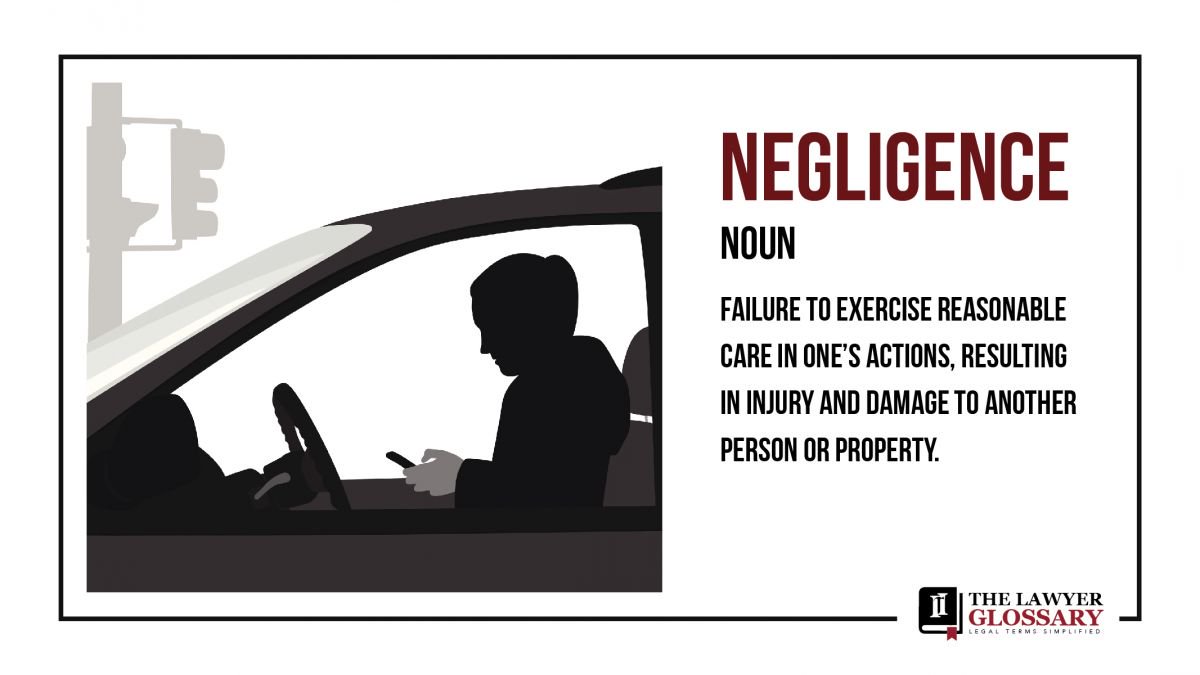
“In Civil Law, negligence refers to any failure to exercise reasonable care in one’s actions, resulting in injury or damage to another person or party. Negligence, the most common form of civil lawsuit, falls under the category of unintentional behavior, as opposed to intentional acts of harm.”
When injuries that are sustained, there are four key areas that must be proven. Using a commercial vehicle for example:
> A entity or person owed you a “duty of ordinary care.” - meaning the company or person owes the public a reasonable amount of care when performing certain procedures. Commercial truck drivers and companies are held to this standard.
> They breach or break from their duty. - In the example above, if the driver was not following rules of the road, ignoring commercial guidelines, or the owning company delays or forgets about safety and maintenance, this duty could be considered violated.
> An injury was sustained because of the break of that duty. - You sustained property damage or an injury because of that negligence.
> That injury has caused ‘pain and suffering’ or financial loss - income, disability, and/or emotional and physical pain and suffering.
There are other forms of Negligence:
Comparative Negligence - A process used to determine fault that varies by state:
Modified Comparative Negligence is based on two categories and factors in your own possible responsibility.
Fifty One Percent Rule: If you are 51 percent or more responsible, then you will not be eligible to recover damages.
Fifty Percent Rule: If you are 50 percent or more responsible for the accident you were injured in, then you will not be eligible to recover damages.
Pure Contributory Negligence - Some states mandate that if you are partially at fault for your injuries, even as low as 1%, even when they were sustained in a collision caused 99% by someone else, you will not be eligible to recover damages.
Criminal Negligence - A more common type of this form of negligence is attached to the use of vehicles while driving under the influence of any mind-altering substance, like alcohol or drugs. If that driver hits and injures or kills someone, it could be deemed Criminal Negligence.
Examples of negligence could include:
Violating any number of traffic laws including texting while driving, speeding and DUI
Ignoring or delaying needed vehicle maintenance
A café owner mopping floors but forgetting to put out a “wet floor” sign
A dog owner overlooking leash laws
Miscalculations in financial and contractual dealings
Improper land surveys
A surgeon operating on the incorrect patient
For a more examples of how the term Negligence is used, you can visit here.
